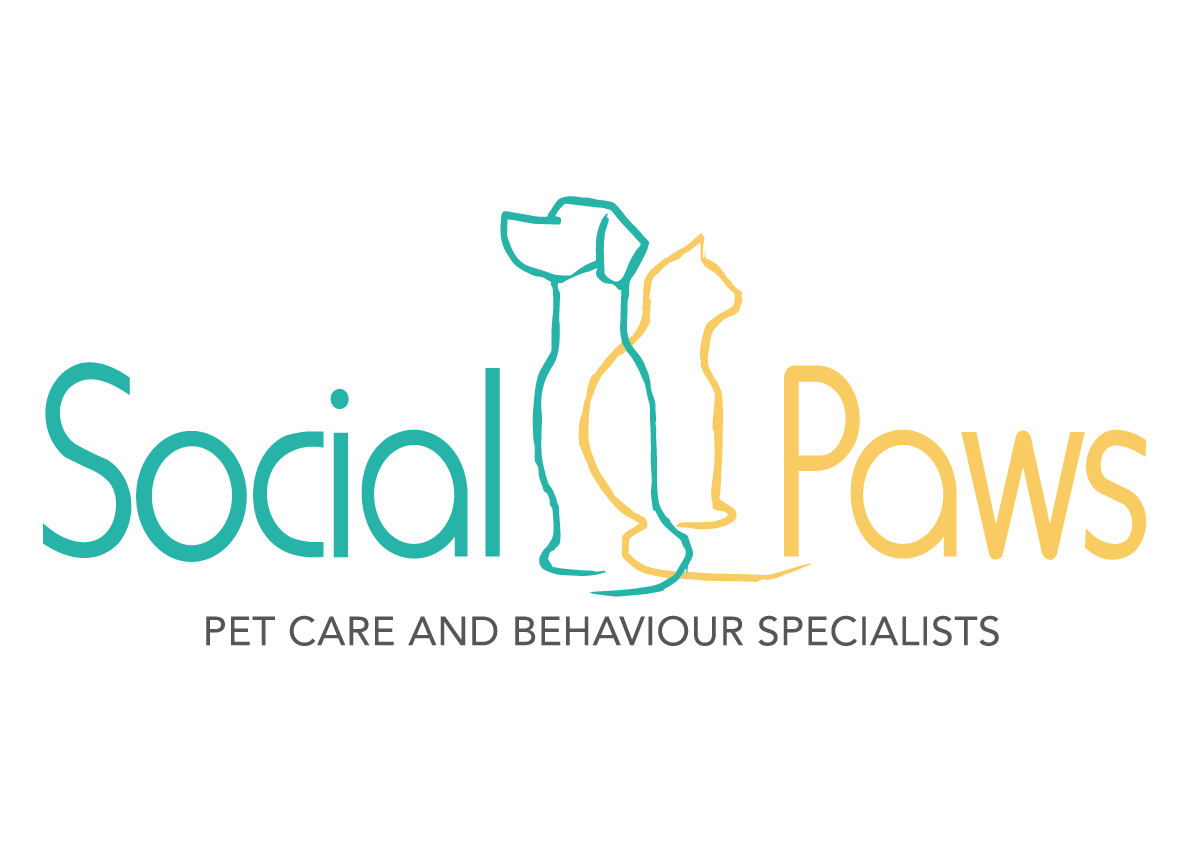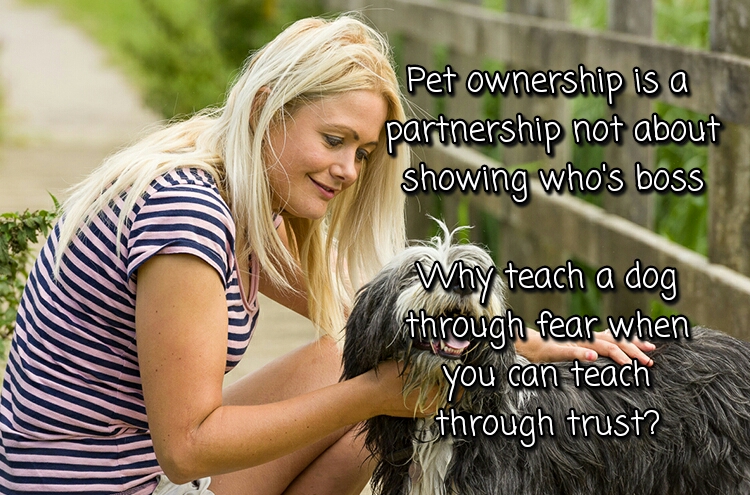Why teach a dog through fear, when you can teach through trust?
Positive reinforcement, trust and mutual respect is the way forward…
An effective and ethical way to train a dog is to focus on the animal-human relationship building on trust and mutual respect whilst teaching a variety of behaviours through lots of positive reinforcement.These methods have proved highly effective working with a variety of breeds of dogs of all mixed sizes and ages and reactive/anxious dogs.
The problem with adversives…
It takes very little skill to simply strap on a prong collar, or yank a dogs lead. These methods have been well documented to cause fear or pain to suppress the behaviour of the dog. Short term, people see instant results, however these are misleading and unethical as the underlying cause of the behaviour is not addressed and this can be potentially dangerous to both dog and owner. Often we see the behaviour re-surface in other ways, the dog shuts down or a negative association is attributed to the owner, destroying any trust or loyalty. Using force free, reward based methods takes much skill and a deep understanding of canine cognition, where we can study the thought processes of the dog and not simply cover up the problem. We can not only help change the way a dog feels, but empower them to make the right choices – thus improving the relationship and reinforcing the animal-human bond.
Emotions similar to that of a small child…
Many argue that dogs do not feel or think the same way as humans, however research has shown that they in fact show the same emotions of that of a small child.
So here’s a little food for thought; you wouldn’t frighten or inflict pain on a small child so why would you use training methods that do so on a dog?
Thanks for reading
Helen Motteram, BSc (hons)
For further advice and support email me on: helen@socialpawscheltenham.co.uk


Recent Comments